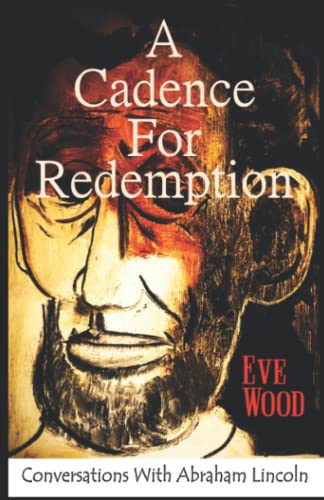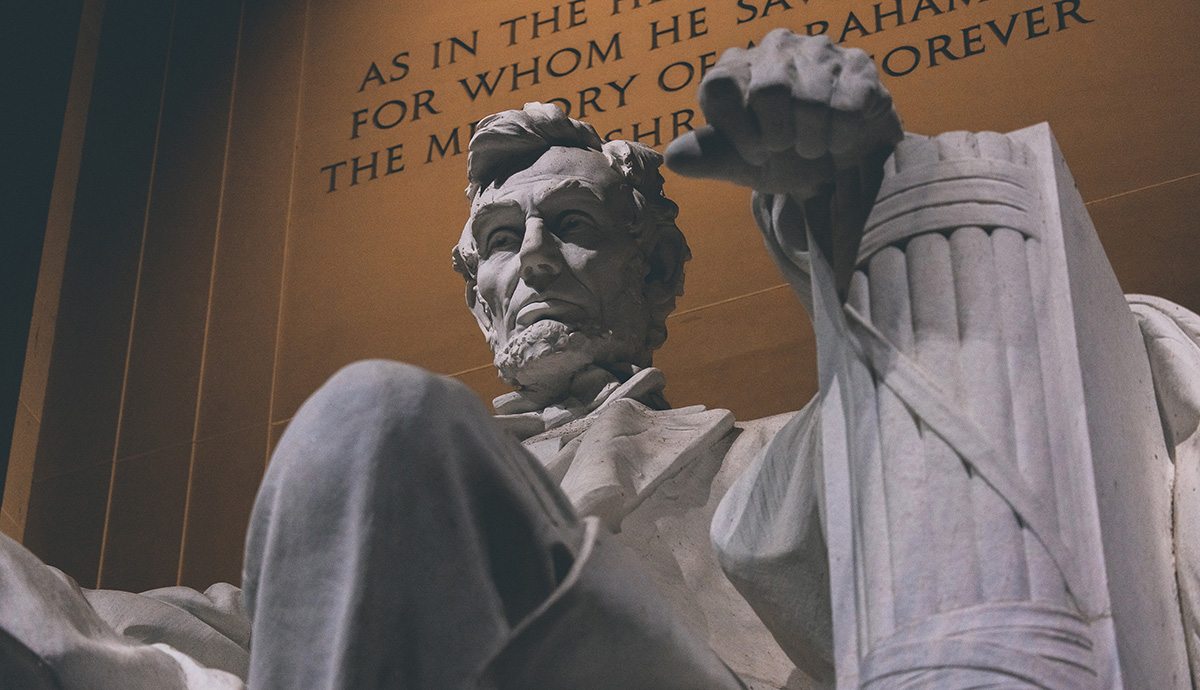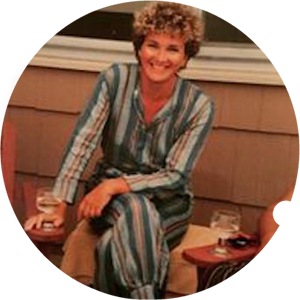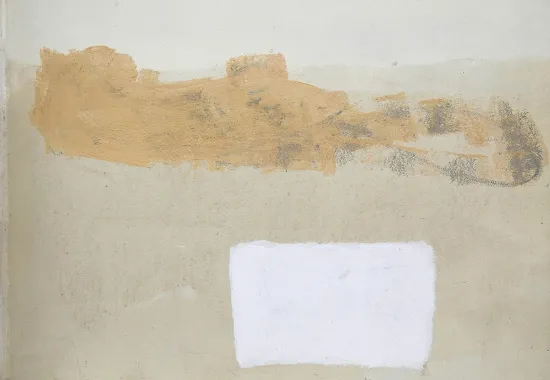Food for Thought: Abe Lincoln Talks Back
 Writing about historical figures can be a daunting task, the results of which can sometimes stray into territories of sentimentality or downright “bad” writing, so imagine my delight when I cracked open Eve Wood’s “A Cadence for Redemption: Conversations with Abraham Lincoln” only to discover a richly evocative world well beyond my expectations. I admit that initially I was dubious about Wood’s poetical “conversation” with none other than the most celebrated political figure in the history of American politics (again, some large shoes to fill, or even try on for that matter!), but from the very first poem in the collection, I was persuaded by both the beauty of Wood’s language as well as the narrative structure of the work as a whole.
Writing about historical figures can be a daunting task, the results of which can sometimes stray into territories of sentimentality or downright “bad” writing, so imagine my delight when I cracked open Eve Wood’s “A Cadence for Redemption: Conversations with Abraham Lincoln” only to discover a richly evocative world well beyond my expectations. I admit that initially I was dubious about Wood’s poetical “conversation” with none other than the most celebrated political figure in the history of American politics (again, some large shoes to fill, or even try on for that matter!), but from the very first poem in the collection, I was persuaded by both the beauty of Wood’s language as well as the narrative structure of the work as a whole.
The book comprises a fictional conversation between Abraham Lincoln in 1865 and a middle-aged woman living in the present day. The poem cycle takes place over the final twenty-four hours of Lincoln’s life, April 14, 1865, and each has a time and a date that corresponds to either a specific event, i.e., Lincoln’s assassination for example, or a particular musing about the state of the world. Lincoln speaks to us from beyond the grave, but he is also “visiting” a middle-aged woman (the poet) during various mealtimes on the same day, April 14, one hundred and fifty-five years later in the year 2020. Here is where the book could easily have slipped into mundane sentimentality, but instead, Wood proffers up one of the most imaginative and startlingly authentic poetical exchanges I’ve read to date. The poems in the “voice” of Lincoln are wry, devastating, and poignant, but above all, they capture Lincoln’s nuanced wit and lightening intellect. For example, in On What it Means to be President, Lincoln implores us to “imagine an invisible thread that extends from the center of your chest, out into the hearts of every man, woman and child, weaving a diaspora of intersecting lives.” Wood then takes it one step further that we might conceive the tremendous burden that would entail, “trying to give voice to that formless human yearning.” As with the conceit of this poem, Wood often begins with a broad human conundrum that seems almost impossible to comprehend in words, and yet the exactitude of her language coupled with the strength of poetic vision, concretizes these otherwise overwhelming themes into simple and beautifully executed poetic moments imbued with compassion and consideration of all that makes us divinely human. It is in these startlingly simple instances when the voice of the poet, visited by Lincoln during various meals throughout the day, shines the brightest. The middle-aged voice here is beleaguered and despondent, having witnessed the death of democracy after the events of January 6th, and Lincoln’s visitations are a means by which the writer attempts to understand her place in an ever-changing and unrecognizable world.
Touching on themes of slavery, bigotry, and personal responsibility, it reads like a fervent and all too necessary battle cry against the death of integrity
This book feels somehow necessary considering today’s current political climate when the heart of our democracy is being gutted from the inside out. Touching on themes of slavery, bigotry, and personal responsibility, it reads like a fervent and all too necessary battle cry against the death of integrity, but the book is also a sort of cautionary tale, a wake-up call from the grave of our sixteenth president, urging us in the poem Acquiring Distance to ask ourselves “What is justice and what does it mean to be alive? And what of the theater of light? It is only a tool to live by.” Time and again throughout this collection, Wood asks us to consider our own pronouncements, decisions, and certitudes as to how we move through our lives, i.e. with awareness and responsibility, or bereft of the core values that at one time in American history were central to good government, and demarcated us as cultural pioneers, trailblazers of emancipation and freedom, though there too exists a long and ever darkening shadow, despite the enormous strides we have made on many issues including civil and women’s rights. It goes without saying that basic common courtesy has long since gone under. However, Wood suggests here that the death of American values is far more sinister than we could ever have imagined. In the age of Black Lives Matter, when Wood writes “There is no fairness in the endless brigade of black bodies, wading through their own sweat in the sweet withering fields,” this sentiment is still prescient and very true as daily we see young black men and women beaten and killed for minor infractions.
Finally, these poems are the result of painstaking research, the poet having absorbed Lincoln’s vast and richly engaging literary legacy including and perhaps most importantly his private letters. There are great moments of tenderness here as in the poem To Lydia Bixby (upon losing five of her sons in the war) which is based upon an actual letter Abraham Lincoln wrote to Lydia Bixby, a mother who indeed lost all her sons during the Civil War. In the poem, Lincoln aligns the passing of the woman’s boys with the natural world as “the battle worn birds flew so low and into the fray, they stole each boy’s final breadth and made it their own to bear it away on the wind.” Like Mary Oliver’s poems about egrets, windswept nights, and all things that fill and exemplify nature, there is a transfiguration that happens here where death is not an ending but a new beginning that can only be achieved through the element of wind. The wind takes the boy’s souls, implying that there is indeed an afterlife.
Finally, this is one of those rarefied reading experiences where the poems continue to resonate long after you’ve set the book down on the nightstand. I would venture to say, if Honest Abe were alive today, he would approve.
Recommended
Mercy
Eclipsing
Psychic Numbing






